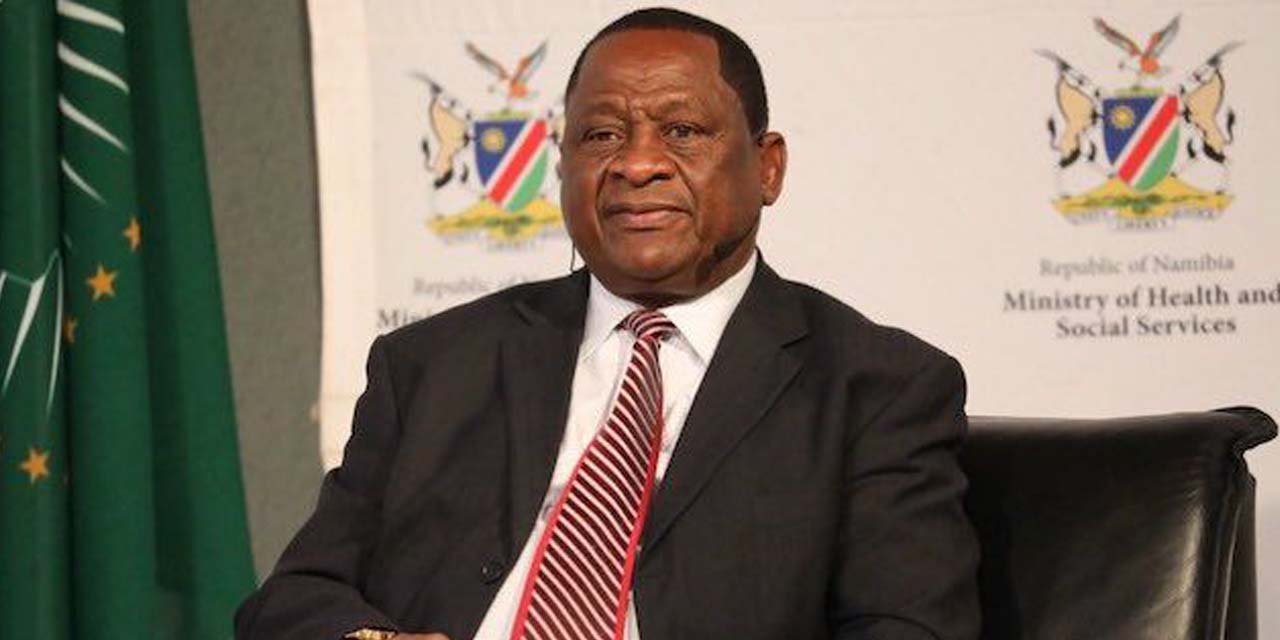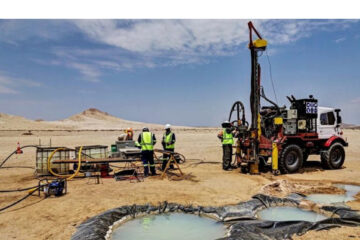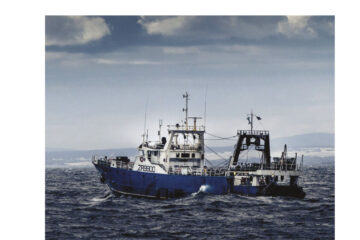Tujoromajo Kasuto
Minister of Health and Social Services (MoHSS), Dr Kalumbi Shangula, says the myth that has been “running around” that Covid-19 goes away during the hot season, is not accurate and true, maintaining that the intensity of transmission is driven by human behaviour and interaction.
He points out that Namibia experienced three Covid-19 waves so far. The first wave peaked at 316 new infections in a single day on the 13 August 2020, a period were Namibia was already experiencing high daily temperatures. In addition he notes the second wave of Covid-19 peaked on the 13 December 2020 when we registered 683 new cases. That time, Namibia experienced high daily temperatures and it was very hot.
During the third wave, Namibia registered the record high numbers of new Covid-19 infections of 2 547 cases in a single day on the 24 June 2021. Shangula said this was “towards the end of winter in the country”. It follows therefore that Covid-19 transmission takes place anytime, under any weather condition.
The Minister says this year healthcare workers went through the most challenging time of caring for those who are afflicted by Covid-19, commending that they have done a great job. Therefore, he urges citizens to reward them during this festive season with good rest free of Covid-19 patients. The Minister today inaugurated the Treeside Medical Centre in the capital. The facility is a dream of Dr Bernard Ogbonna and his family that has turned into reality. It consists of consulting rooms for three doctors, one General Practitioner and Two Specialists as well as Treeside Medical Suites, which is a Step-Down or Subacute Facility, which admits and cares for patients who would no longer require hospital care, but are still not well enough to return home.
The centre opened its doors last year but Treeside Medical Suites only admitted its first patients this February. Since then, it has admitted 56 patients. The entire centre employs about 30 Namibians, on a temporary and permanent basis. Step Down Facilities, such as this one, Shangula says, are important in health care delivery. This is because they provide a transition between hospital and home for persons discharged from hospital. This is critically important when illness and hospitalisation have been prolonged, and both the patient and family need time to be prepare for a return home.
The transition is even more important in Namibia where physical distances between hospital and home may be very long.
In some cases, home may be in rural or farming areas, far from a clinic or health centre where wound dressings can be done, or physiotherapy sessions attended to improve motor function, such as the skill of walking with crutches.
When hospitals are full, Step-Down facilities provide an important “safety valve” to ease the pressure on hospitals. Because these facilities charge lower rates than hospitals, they contribute to lowering the cost of medical care to both the patient and their funders.
Kalumbi says he welcomes the establishment of Treeside Medical Suites. “We hope it will play its part in improving the quality of medical care in our country, while providing much needed jobs and training for our people,” he adds.
The facility is also designed in such way that, in selected cases, it allows a healthy family member to share a room with a loved one who is admitted. This concept arose from the personal experience of the owner of the facility, Dr Bernard Ogbonna, when a family member was hospitalised for a long time and he, for the first time, experienced life from the perspective of a patient and family member.
The Treeside Medical Suites have an Advisory Clinical Committee chaired by Specialist Physician Intensivist, Dr Augustinus Goagoseb. Other members are Dr Jacques Terblanche, Dr Ogbonna and others.




